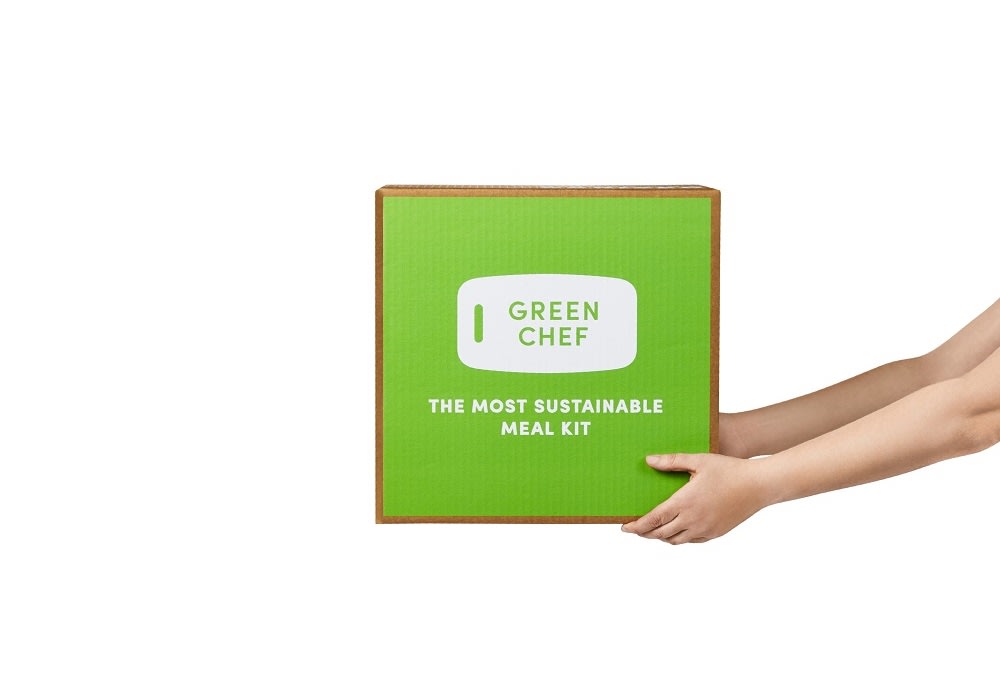Explore Plant-Based Diet Health Benefits
Are you thinking of switching to a plant-based diet? Good for you! From weight loss to a lower risk of heart disease, reduced inflammation, and more, adopting a plant-focused way of eating brings with it a host of health benefits. Read on to find out more about some of the vegetarian, vegan, flexitarian, and pescatarian diet health benefits.
A quick note: this article is in no way exhaustive nor is it a substitute for proper medical advice. Think of it as an educational jumping off point for an in-depth conversation with your physician.
Plant-Based Diets and Weight Loss
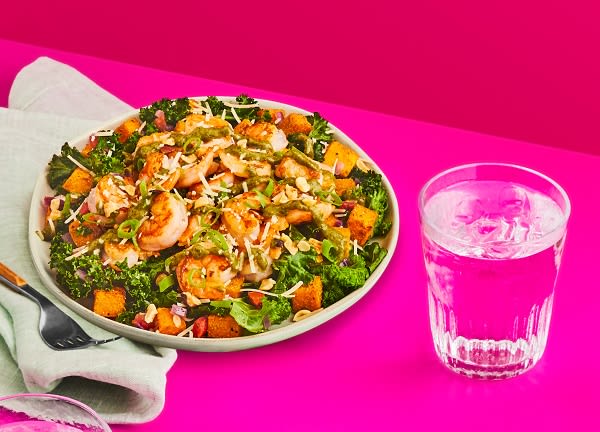
How a Plant-Based Diet Can Help You Lose Weight
Countless people have chosen to switch to a plant-based diet for weight loss. Why? Plant-based diets tend to focus on nutrient dense foods that are naturally lower in calories and good for your body. There are, of course, some pitfalls. Simply eliminating or reducing your intake of meat isn’t going to instantly cause you to lose weight! It is important to remember that, as with any eating plan, your choices and habits are what make the difference. With that in mind, it’s been shown that plant-based diets like vegetarianism or veganism can effectively help you lose weight and keep it off.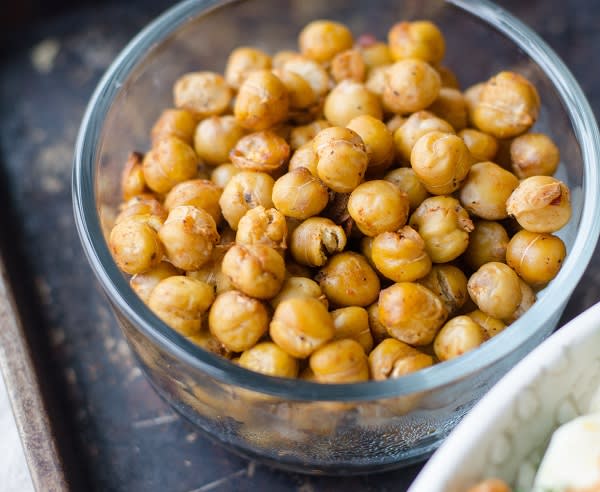
The First Step: Defining Your Plant-Based Diet
The term “vegetarian” or “plant-based” is broader than you may think. There are several subsets of vegetarianism, including veganism (no animal products of any kind), pescetarianism (no meat but occasional fish), and flexitarianism (everything allowed but significantly reduced intake of animal products). What all of these diets have in common is this: they focus on vegetables, fruits, nuts, whole grains, and legumes. All of these foods are packed full of fiber, vitamins, and nutrients. What’s more, they tend to be lower in calories, fat, and protein than meat, dairy, and other animal products. It is, then, important to load up on these nutrient dense foods and leave empty calories to the wayside. Nothing can change this fact: eating more calories than you need results in weight gain, no matter where those calories come from!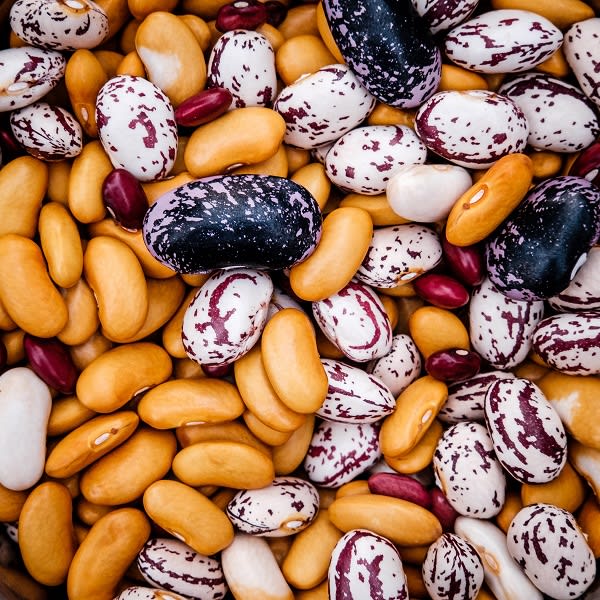
Eat Enough Protein
TIP: If you’re not opposed to occasionally eating animal products, the flexitarian diet for weight loss is a terrific option. The same goes for lacto- or ovo-vegetarians who can load up on eggs and protein rich dairy. Another option is the pescatarian diet to lose weight. Fish is high in protein and essential omega-3 fatty acids.
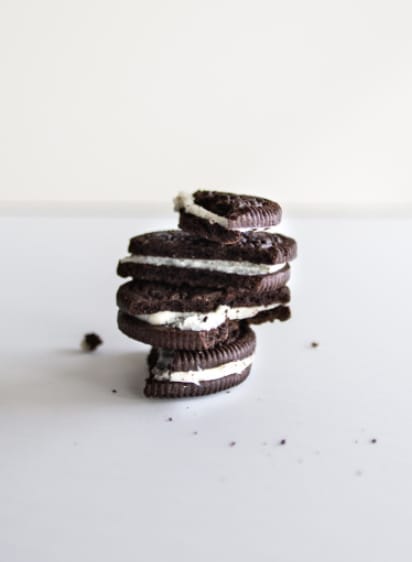
Watch Out for Calorie-Rich Foods
Vegetarian meals often include nuts and nut butters, avocados, and coconut. All of these foods are nutritious and filling, but be careful. They are also high in fat and calories. Be sure to exercise portion control, especially when these foods are on the menu of your vegetarian diet plan to reduce belly fat.
Stay away from highly processed vegetarian or vegan foods — just because something is labeled vegetarian or vegan does not mean it is healthy! There are countless products out there that are 100% vegetarian…and 100% wrong for a vegetarian or vegan diet plan for weight loss! French fries and potato chips are, after all, vegetarian. Prepackaged foods are far too often loaded with sugar and sodium, two things that can hinder weight loss. Be sure to check the label on your veggie burger or vegan cookies. The shorter the ingredient list, the better. Remember, stick to whole, unprocessed foods for any plant-based diet for weight loss.
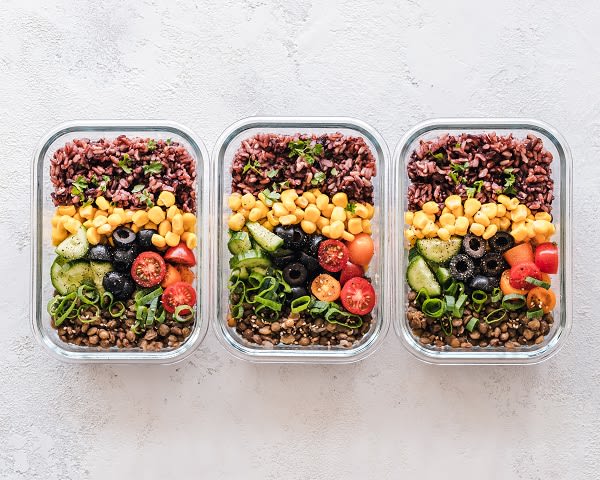
Prep Your Meals
In order to achieve plant-based diet weight loss results, you’ve got to do some planning, especially when you first get started. Make a one-week meal plan and make sure your choices are balanced. Focus on high-fiber veggies like broccoli, cauliflower, zucchini, and leafy greens to help you stay fuller longer. Be sure to incorporate some protein at every meal, whether that be quinoa for vegans or shrimp for pescatarians and flexitarians. The key to becoming a plant-based diet weight loss before and after is in the planning!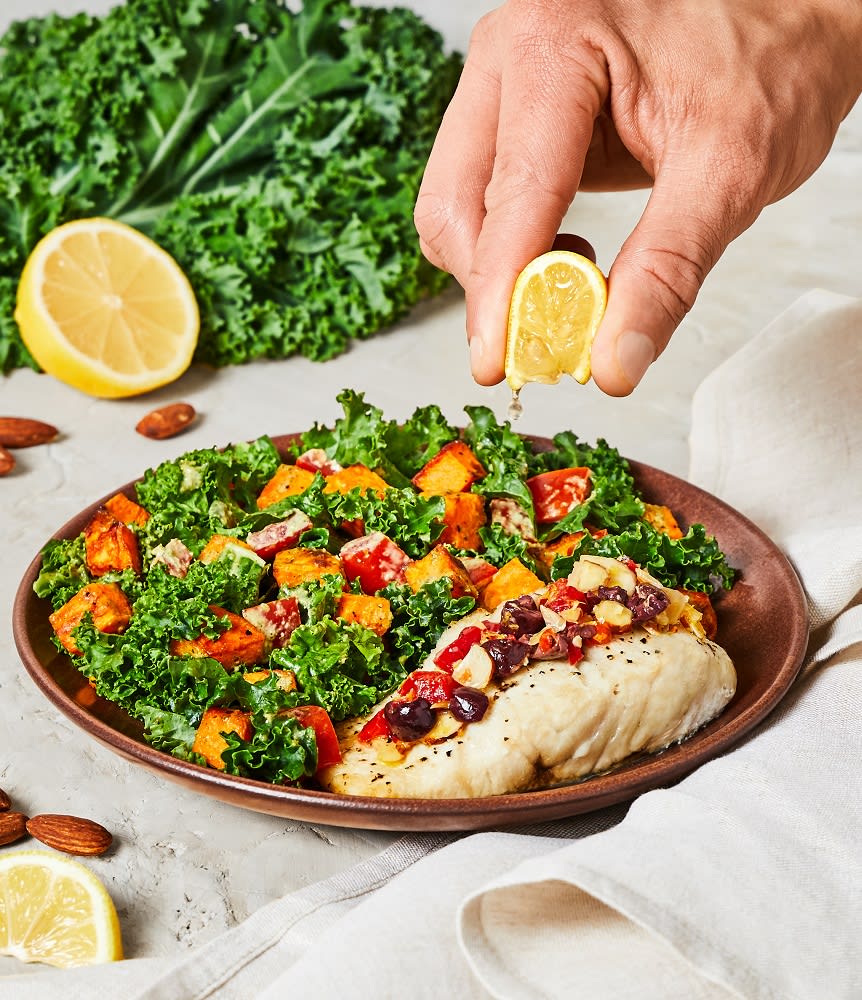
Achieving a 1,200 Calorie Vegan or Vegetarian Diet
If you’re looking to lose weight, you have to burn more calories than you take in. It really is that simple! A common weight loss tip is to decrease calorie intake by around 500 calories per day in order to lose a pound a week, and many adopt a 1,200 calorie per day diet. This calorie-restrictive diet is doable as a vegan or vegetarian as long as you plan carefully. Do your research before you start and load up on the most nutritionally dense, low-cal foods you can find on your particular vegetarian diet, and make sure you’re getting all your macros. Flexitarians may want to add extra chicken breast to their meal plan, and pescatarians can get a lot of nutrition from a can of tuna. Eating more vegetables is always a clever idea, since veggies deliver a huge nutritional load with very few calories.
You must also carefully monitor your portion sizes to ensure you aren’t unintentionally overeating. And please note: a 1,200 calorie diet is extremely restrictive and barely delivers enough calories for a day, making it a short term solution for quick weight loss, not a way of life. Proceed with caution!

What If I Want to Gain Weight? Can I Use a Vegan or Vegetarian Diet for Weight Gain?
Yes, you can! For many, it can be incredibly difficult to healthily gain weight, and adopting a vegan or vegetarian lifestyle can make it even harder. That said, it is not impossible. Just like those who want to lose weight, planning is the key to your success. If you’re on a vegetarian diet for weight gain, focus on eating more of the healthy fats like the ones you get from avocados, nuts, and seeds. Use olive oil on salads and enjoy dried fruits. Even if you’re on a vegan diet to gain weight you still need to stay away from unhealthy, processed foods. You may gain weight with them, but it’s not healthy!Plant-Based Diets and Your Heart Health
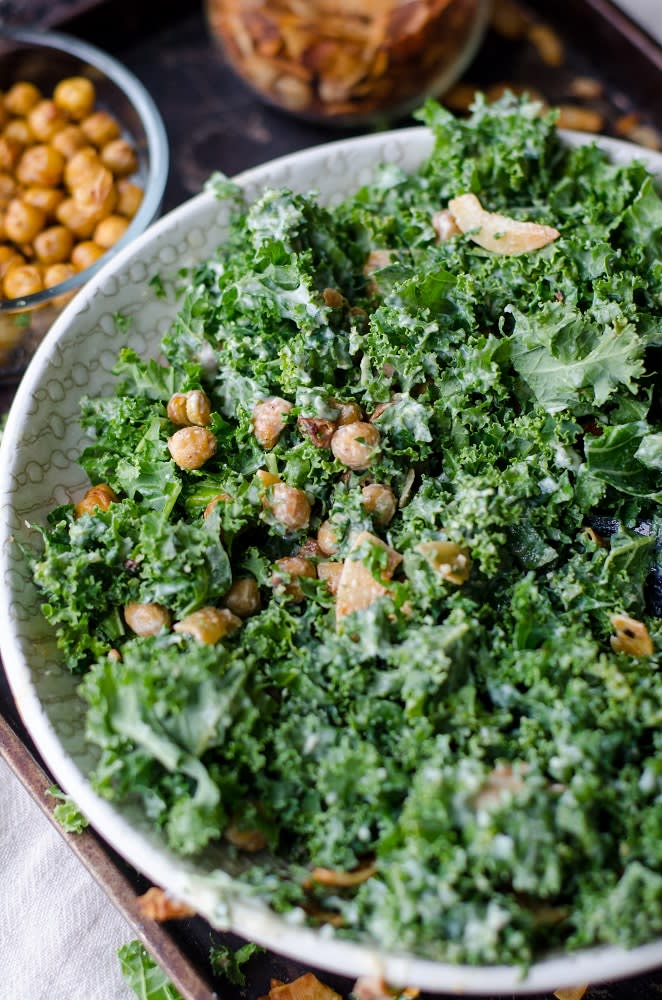
A Plant-Based Diet Can Help with Heart Disease and Blood Pressure
It’s no secret that fruits, veggies, and whole grains are healthy. But just how healthy is revelation! Numerous scientific studies have shown that following a well-balanced plant-based diet full of vegetables, fruits, nuts, whole grains, and legumes significantly lowers the risk of developing heart disease. When compared with the general population, vegans and vegetarians of all kinds consume more of these heart-healthy foods on a daily basis, which makes a plant-based diet a powerful weapon against heart disease.
Why? Hypertension, or high blood pressure, is a major contributor to heart disease. It is also one of the most preventable risk factors. Studies show that nuts, leafy greens, berries, lentils, beans, seeds, and fatty fish can help you not only reach, but also maintain healthy blood pressure levels. This means any type of plant-based diet can help your heart by lowering blood pressure, and research has also concluded that those on a vegetarian or vegan diet generally are at a lower risk of heart disease. From pescatarian to a vegan diet to prevent heart disease, making plant-based foods the focus of your meal plan is a fantastic choice for your overall heart health.
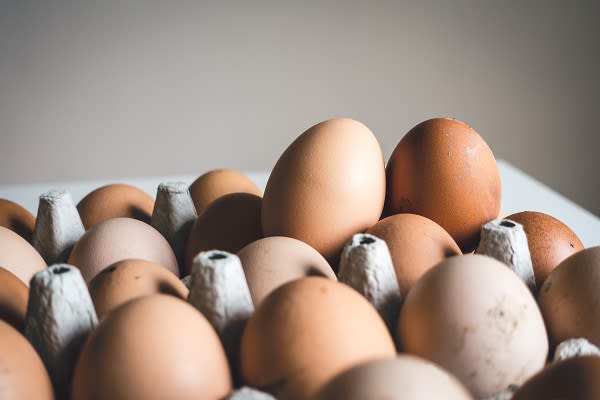
Lower Your Cholesterol with a Plant-Based Diet
Another contributing factor to heart disease and risk of heart attack is cholesterol. There are two types of cholesterol: LDL, or “bad” cholesterol, which contributes to clogged arteries, and HDL, or “good” cholesterol, which helps keep your arteries clear. Foods high in saturated fats and/or trans fats raise levels of LDL in the body. That means too much meat, dairy, and eggs can up your risk of a heart attack. However, studies indicate you can balance or lower your levels with a plant-based diet. Fruits, veggies, nuts, and grains are all very low in saturated fat and cholesterol. Plants are also rich in soluble fiber, which lowers overall cholesterol levels. Opt for oatmeal, beans, barely, soy products, nuts, as well as fruits and vegetables like apples and Brussel sprouts.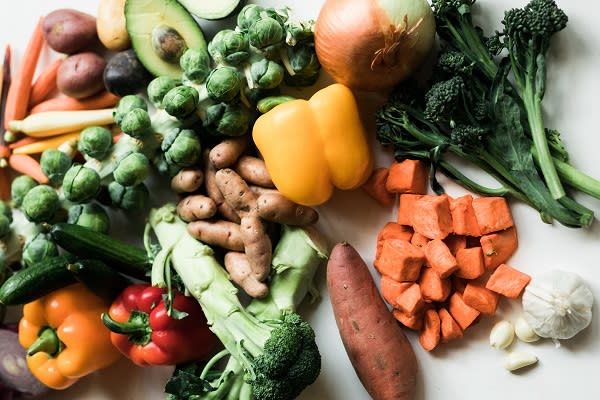
Plant-Based Diets and Your Digestive Health
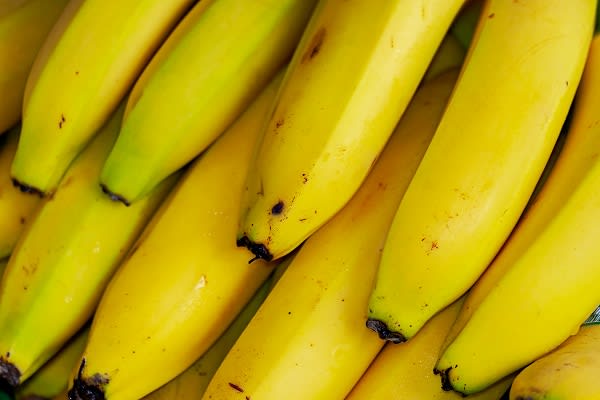
Digestive Diseases and a Plant-Based Diet
For those who suffer from serious digestive issues like ulcerative colitis, Crohn’s disease, or irritable bowel syndrome, a plant based diet can truly help. Studies say a plant-based diet can dramatically reduce the risk of an ulcerative colitis relapse. Low fiber fruits like bananas and melons along with fully cooked, skinless, and seedless veggies have been shown to help with Crohn’s or ulcerative colitis. Lean animal protein is also helpful, making a semi-vegetarian diet Crohn’s friendly as well. All that being said, speak with your physician and develop a meal plan that works for you. These digestive diseases are serious and proper medical advice is vital!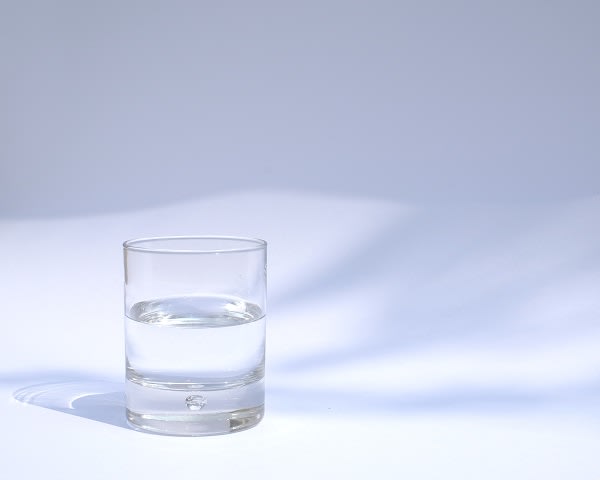
Stay Strong! How to Avoid *Those* Side Effects
Switching to a plant-based diet is good for your overall health, but it can come with a few mild side effects. Constipation is a common “negative” side effect of switching to a vegan or vegetarian diet. You can thank the big uptake in fiber for this! Don’t worry, though. Vegetarian and vegan diet constipation are easy to fix.Just drink more water and you’ll be fine in no time. On the other end of the digestive issue spectrum is diarrhea. Making the change to a plant-based diet also means eating more foods that can cause diarrhea, like fruits and nuts. A lower protein intake can also cause diarrhea. And remember that increase in fiber we talked about? Well, it can reduce absorption of minerals and increase risk of diarrhea. As you can see, balance is key. It may take a little time for you to figure out what works, but you will!Inflammation, Diabetes, Kidney Health, and Pregnancy: More Benefits of a Plant-Based Diet

Fight Inflammation and Arthritis with a Plant-Based Diet
If you’re one of the many who are troubled with rheumatoid arthritis, a plant-based diet could help. Rheumatoid arthritis, or RA, is an autoimmune disease characterized by inflammation, pain, and swelling of the joints.Studies indicate that a plant-based diet, especially a vegan diet, helps fight inflammation. Vegans and vegetarians tend to eat less saturated fat, which can cause a flare up. What’s more, the basics of a plant-based diet and arthritis fighting foods are the same: fruits, veggies, and whole grains. A nice side effect of choosing a plant-based diet for this autoimmune disease is weight loss. Weight loss can not only help your heart, but can also help ease symptoms of RA, since extra weight puts extra pressure on your joints and releases chemicals that can cause inflammation.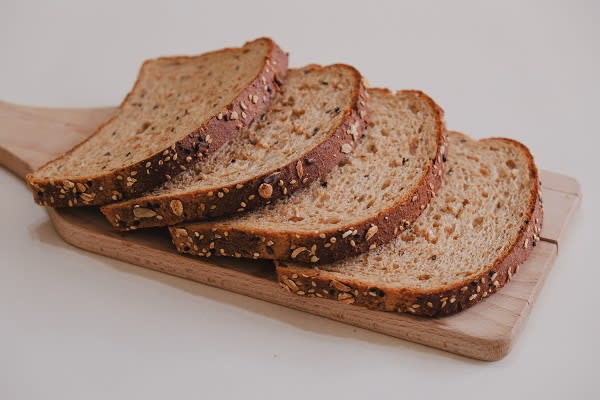
Lower Your Blood Sugar Levels and Prevent Type 2 Diabetes with a Plant-Based Diet
One of the biggest contributing factors to developing type 2 diabetes is obesity. A plant-based diet for diabetes prevention is ideal, since weight loss and then weight control are common results. Recent research has linked a whole-foods, plant-based eating pattern which relies heavily on high fiber foods to a reduced risk of developing type 2 diabetes. But is a plant-based diet good for diabetics? Yes! Whole grains, legumes, fruits, veggies, and nuts have been directly linked with improved glucose management in studies. Overall, vegans and vegetarians tend to have lower blood sugar levels, lower fasting insulin levels, and higher insulin sensitivity than omnivores, making a plant-based diet ideal for diabetics.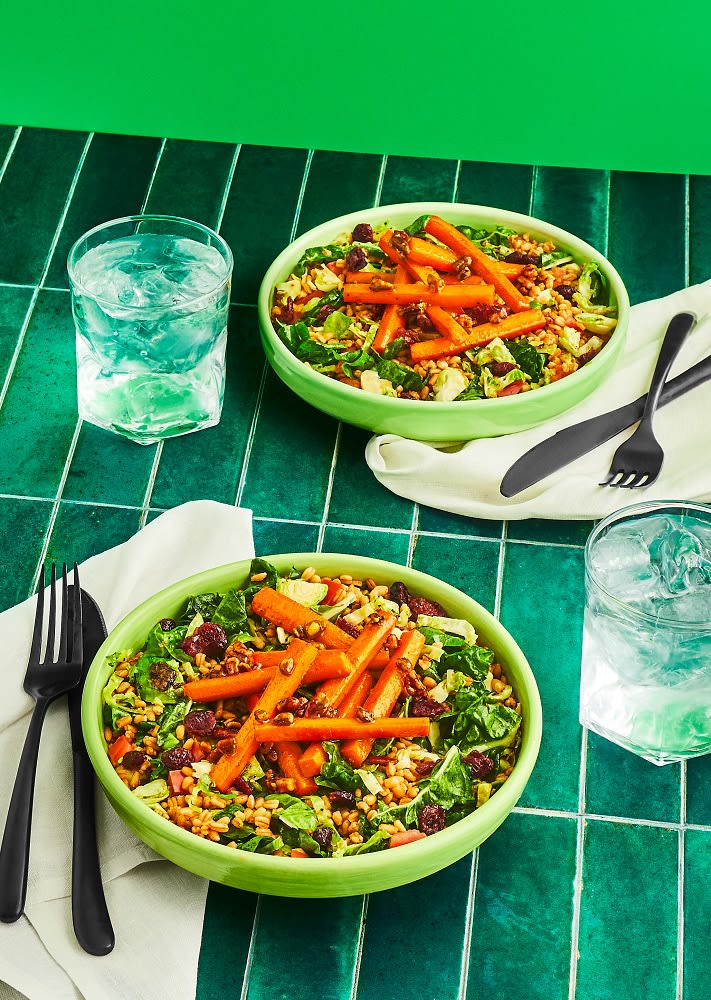
A Plant-Based Diet for Kidney Health
When it comes to choosing the right foods to help combat kidney disease, it’s vital to follow a diet that decreases the amount of waste in the blood. That makes a vegan diet or a vegetarian diet a great fit for those suffering from kidney disease or kidney stones. Why? Most of the recommended foods are plant-based! Cauliflower, grapes, pineapple, cabbage, and bulgur are just a few. There is also mounting evidence that a whole food, plant-based diet may slow progression of kidney disease as well as reduce inflammation and cholesterol, which in turn can delay kidney failure.
What about kidney stones and the vegan diet? Kidney stones form when you have an excess of oxalate in your body and this oxalate combines with calcium. Common sources of oxalates are beets, spinach, rhubarb, chocolate, spinach, most nuts, and black tea. Kidney stones can happen on any diet, so just be sure if they do strike, to up your intake of water, avoid oxalate rich foods, and ingest extra calcium.

A Plant-Based Diet and Pregnancy
Can you follow a vegan diet while pregnant? Absolutely! While historically the vegan diet has been criticized for lacking nutrients like vitamin B12, omega-3 fats, iron, and protein, nutritionists generally agree that a vegan diet is safe for all stages of life, including pregnancy. A well-balanced, thoughtfully planned plant-based vegetarian diet in pregnancy or vegan diet in pregnancy has been shown to provide all the nutrients you and your growing baby need. Research has also concluded that carefully planned vegan diets may prevent certain pregnancy-related complications like gestational diabetes. Again, though, this is only true if you are getting the proper nutrition. Everyone, especially vegans, is advised to talk with a physician and/or nutritionist while pregnant in order to ensure the health of you and your baby.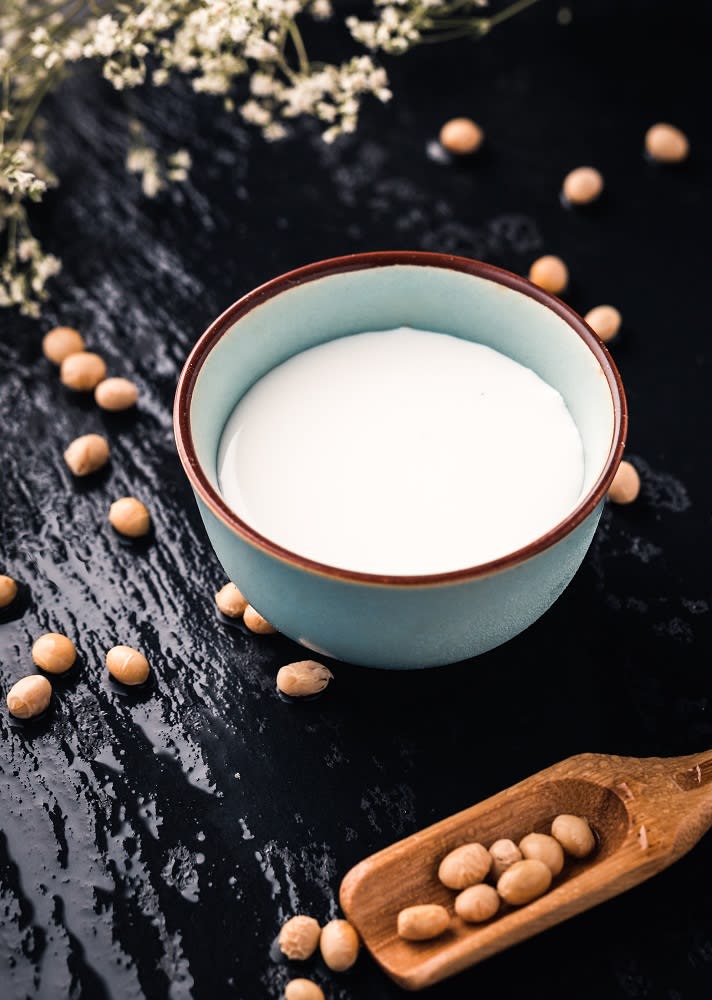
Minor Health Concerns with a Plant-Based Diet
Recently, research has been carried out concerning a vegan diet and osteoporosis. Some studies have shown that those on a vegan diet may have a higher risk of broken bones. This could be, in part, due to a lack of protein and the vitamins D and B12 in the vegan diet. However, there may be nothing to worry about. Simply make sure to get enough good plant protein and take supplements if needed. And watch out for vegan processed junk food!
Another minor health concern on the vegan diet is gout. Gout is a form of arthritis, characterized by inflamed, painful joints. It’s caused when uric acid builds up in the body. Vegans and vegetarians are not at any particular elevated risk of getting gout, but preliminary studies have shown that vegans had higher levels of serum uric acid compared to meat-eaters, fish eaters, and vegetarians, and some researchers have concluded that consuming soy milk can lead to a slight increase in uric acid. If you are on a vegan or vegetarian diet, gout isn’t a big issue. If you do have flare-ups, you may want to reduce your soy intake, but first and foremost: talk to your physician.

A Few Final Words About the Health Benefits of Plant-Based Diets
As you can see, switching to a plant-based diet is full of health benefits. From increased heart health and a decrease in blood pressure and bad cholesterol, to fighting kidney disease and more. So is a flexitarian diet healthy? Is a pescatarian diet healthy? Is a vegan diet healthy? Yes, yes, and yes – BUT only if you plan properly. It can’t be stressed enough just saying “no” to animal products isn’t enough! There are plenty of nutritionally void vegan and vegetarian junk foods out there. If you’re serious about improving your health, do some research, talk to your physician, and plan your meals. Also note that it is going to take your body some time to “detox.” Some plant-based diet detox symptoms include bloating, gas and digestion issues like constipation or diarrhea. Give it time and stay the course — the road to better health lies ahead!